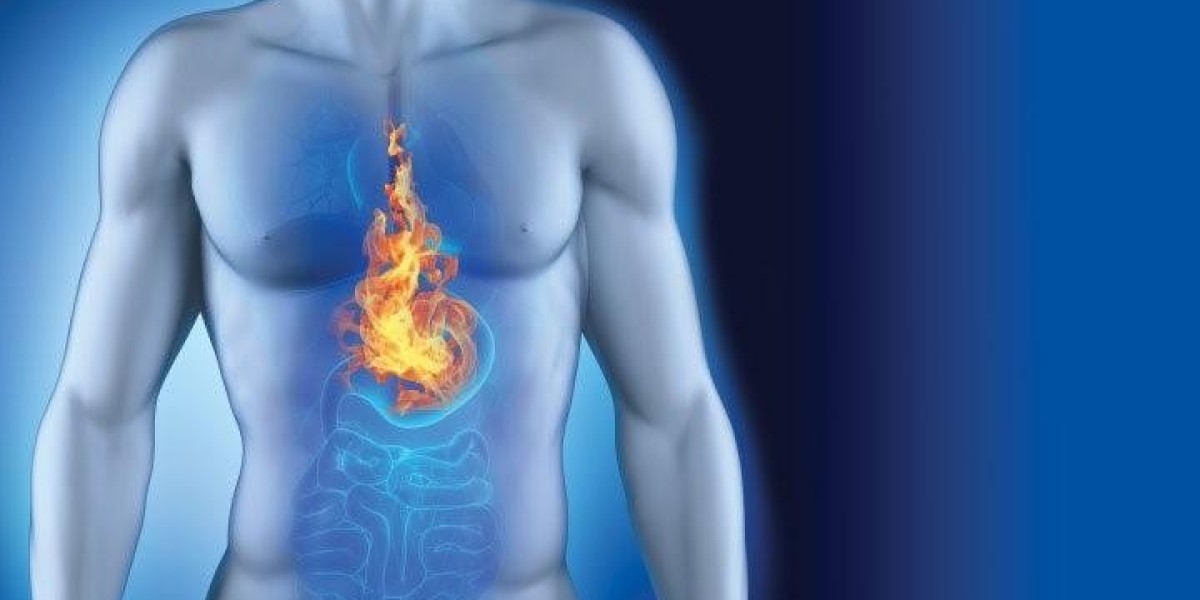Everyone experiences acidity once in a while — after a spicy meal, skipping breakfast, or late-night snacks. But if you’re dealing with acidity daily, it’s not just a minor inconvenience or a bad eating habit. Persistent acidity is often a sign of an underlying medical issue that needs expert evaluation. As a leading Gastro Doctor in Jaipur, I frequently meet patients who have ignored chronic acidity for months or even years, believing lifestyle changes alone would fix the problem.
In this blog, let’s explore why long-term acidity deserves serious attention and when you should seek medical help.
What Is Acidity?
Acidity refers to excessive acid production in the stomach. The condition causes a burning sensation in the chest (heartburn), sour taste in the mouth, bloating, burping, and sometimes nausea. In medical terms, this condition is called Gastroesophageal Reflux Disease (GERD) when it becomes chronic.
Occasional acidity is common. However, if it occurs more than twice a week, it’s considered chronic acidity — and that’s when you need to see a specialist.
Why It’s Not Just a Lifestyle Issue
It’s a myth that acidity is always caused by poor lifestyle choices. While diet, stress, alcohol, and sleep patterns play a role, chronic acidity often stems from deeper problems, such as:
Weakening of the lower esophageal sphincter
Hiatal hernia
Helicobacter pylori infection
Stomach ulcers
Delayed gastric emptying
Bile reflux
Ignoring acidity can allow these conditions to progress and lead to complications like esophagitis, ulcers, Barrett’s esophagus, or even esophageal cancer.
Warning Signs You Shouldn’t Ignore
As a trusted Gastro Doctor in Jaipur, I urge patients to seek evaluation if they notice:
Acidity that returns daily or several times a week
Pain or burning in the chest after meals or at night
Sour burps or regurgitation of food
Nausea or feeling full after small meals
Cough, hoarseness, or throat irritation
Disrupted sleep due to acid reflux
These symptoms can worsen over time and affect your quality of life.
Diagnosis and Testing
At ACE Gastro Super Speciality Clinic, we begin with a detailed consultation and may recommend diagnostic tests such as:
Upper GI Endoscopy to examine the esophagus, stomach, and duodenum
pH monitoring to assess acid levels
H. pylori tests to detect infection
Ultrasound or liver function tests if liver-related issues are suspected
These tests help us identify the exact cause of acidity and guide targeted treatment.
The Role of the Liver in Chronic Acidity
In some patients, poor liver function can indirectly affect digestion and increase symptoms like bloating, acidity, or reflux. As a Liver Specialist in Jaipur, I always assess for liver dysfunction in patients with chronic digestive symptoms. Early detection of fatty liver or cirrhosis can prevent more serious complications down the road.
How We Treat Chronic Acidity
Treatment for persistent acidity is never one-size-fits-all. At ACE Gastro Super Speciality Clinic, we provide individualized care plans, which may include:
Medications to reduce acid production or heal ulcers
Antibiotics if H. pylori is present
Dietary and lifestyle counselling
Elevating head position during sleep
Endoscopic procedures in advanced cases
Most importantly, we focus on treating the root cause, not just masking symptoms.
Final Words
If you’re facing acidity every day, it’s your body’s way of saying something isn’t right. Over-the-counter antacids might give short-term relief, but they won’t solve the underlying issue. As a committed Gastro Doctor in Jaipur, my advice is simple: Don’t ignore chronic acidity — it’s not just about food. It’s about your health.
Let’s find out what’s really causing it and help you live without discomfort.
Dr. Sushil Kumar Jain
Gastro Doctor in Jaipur
ACE Gastro Super Speciality Clinic – Expert in Digestive & Liver Care






